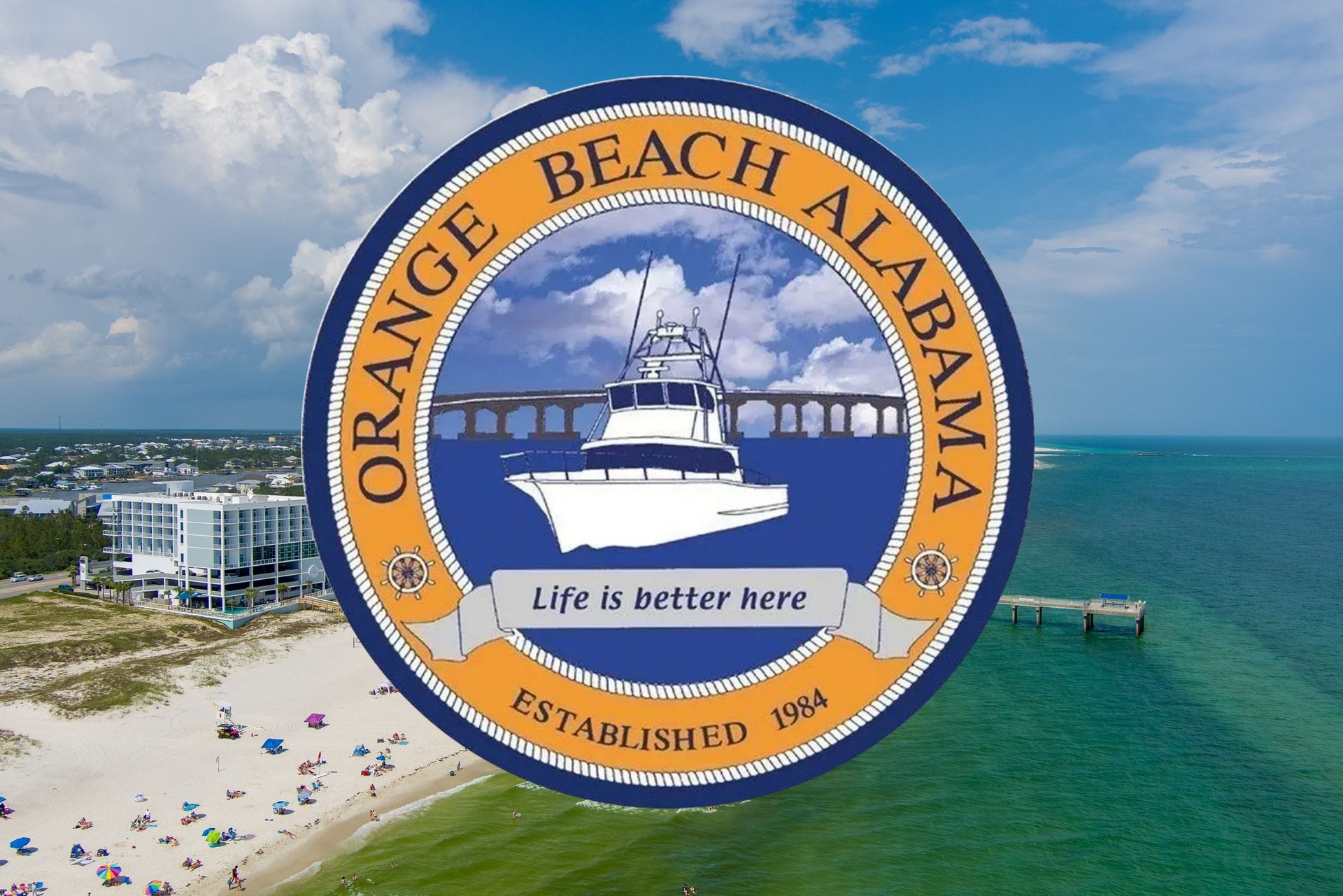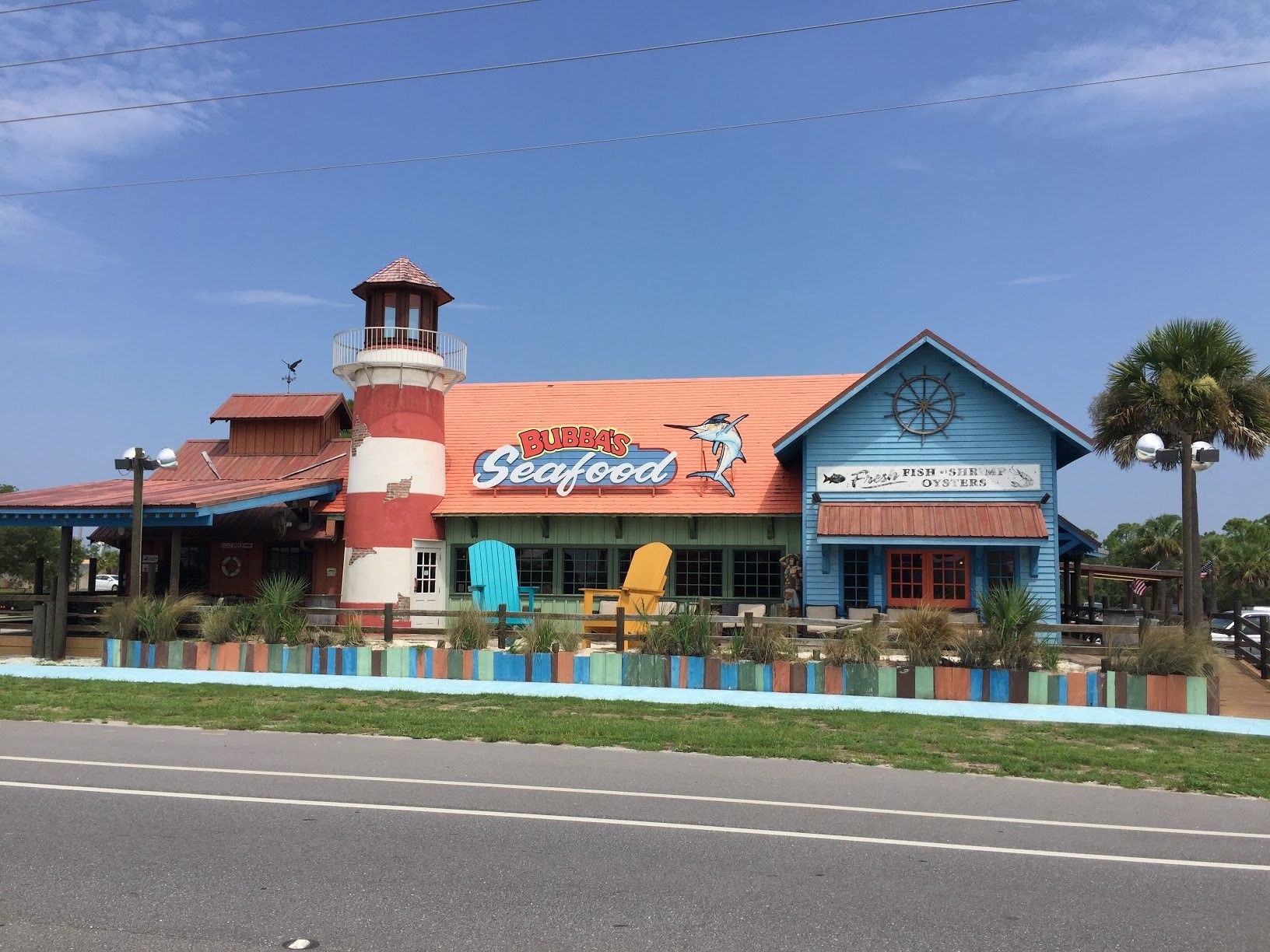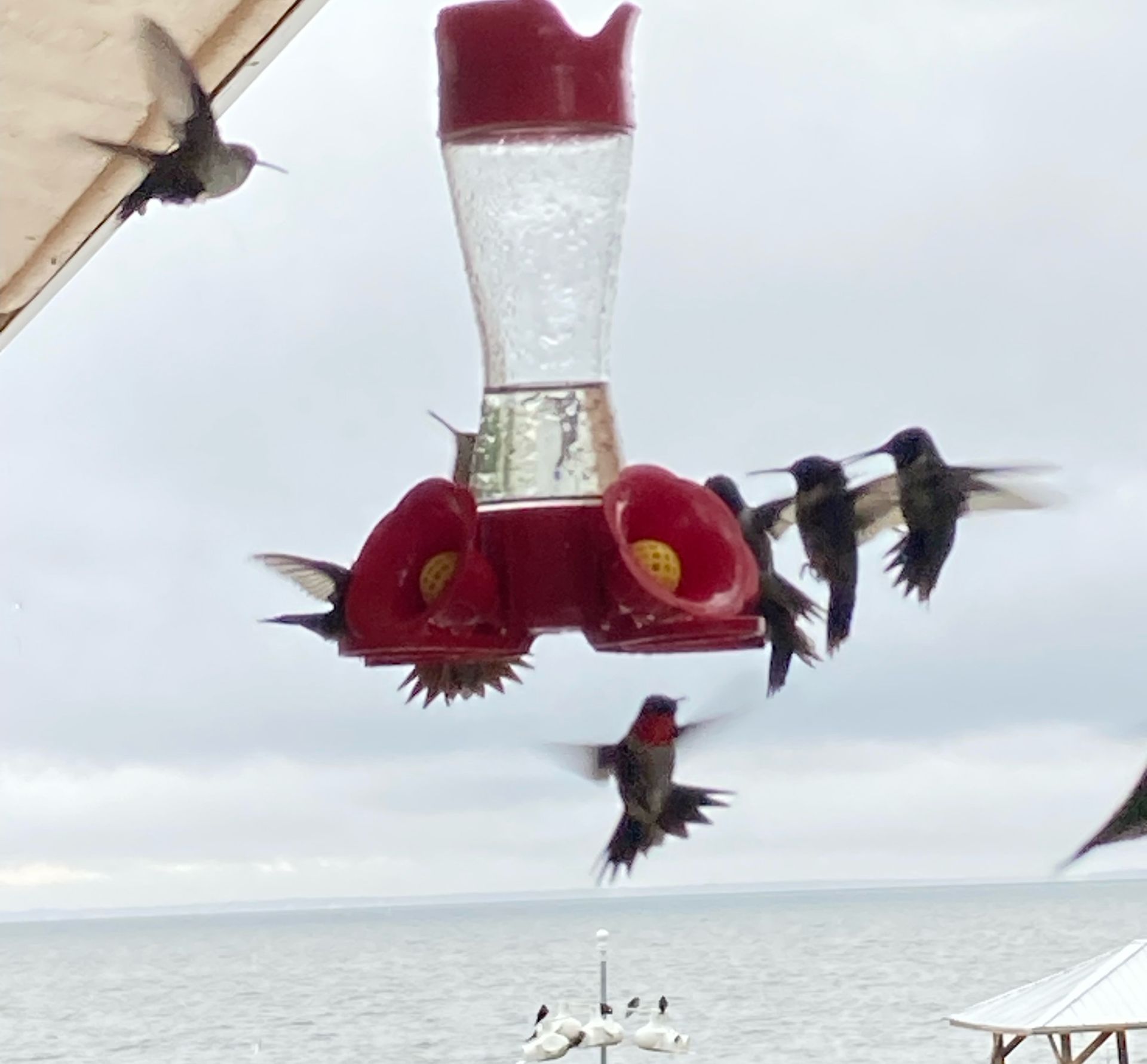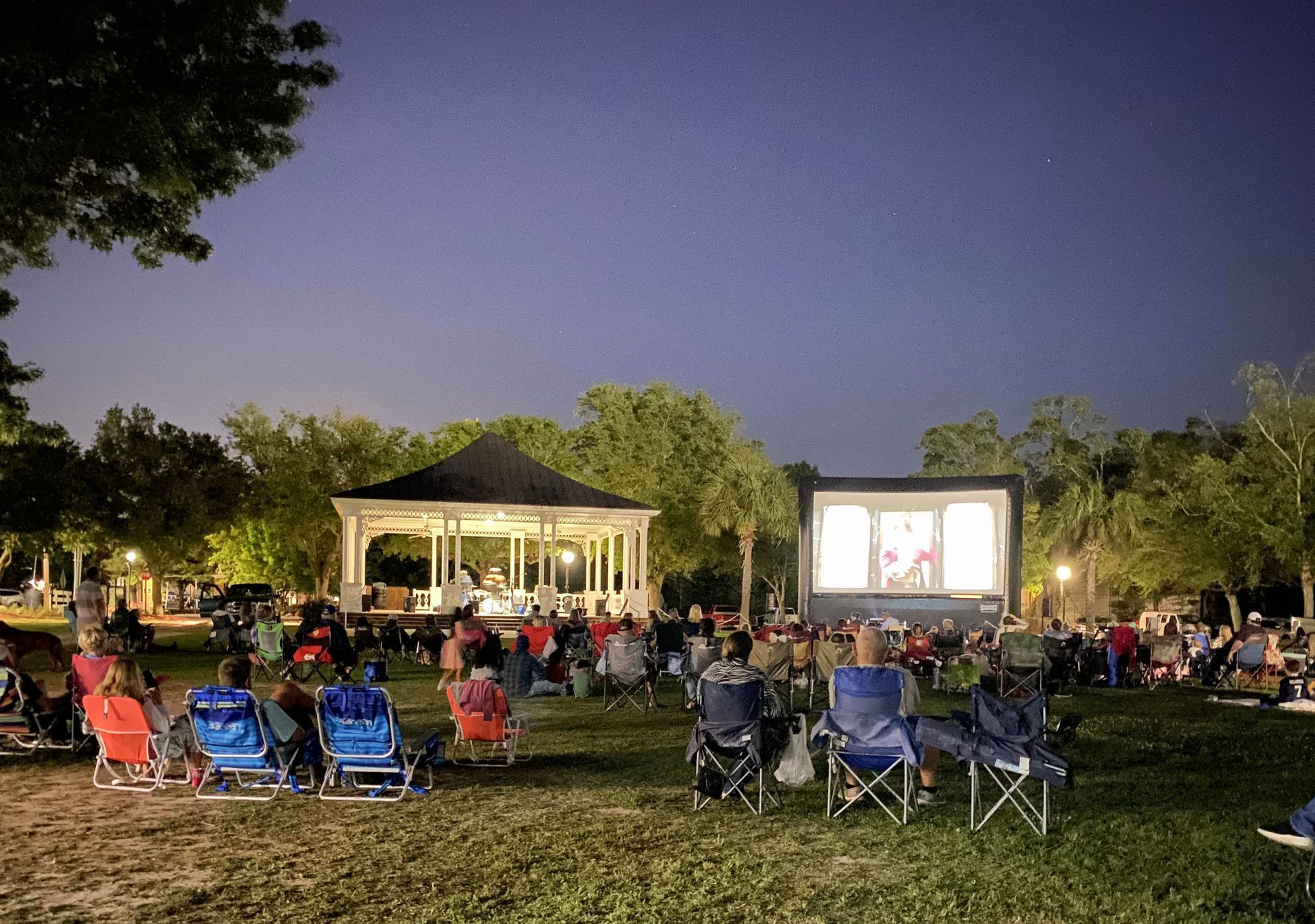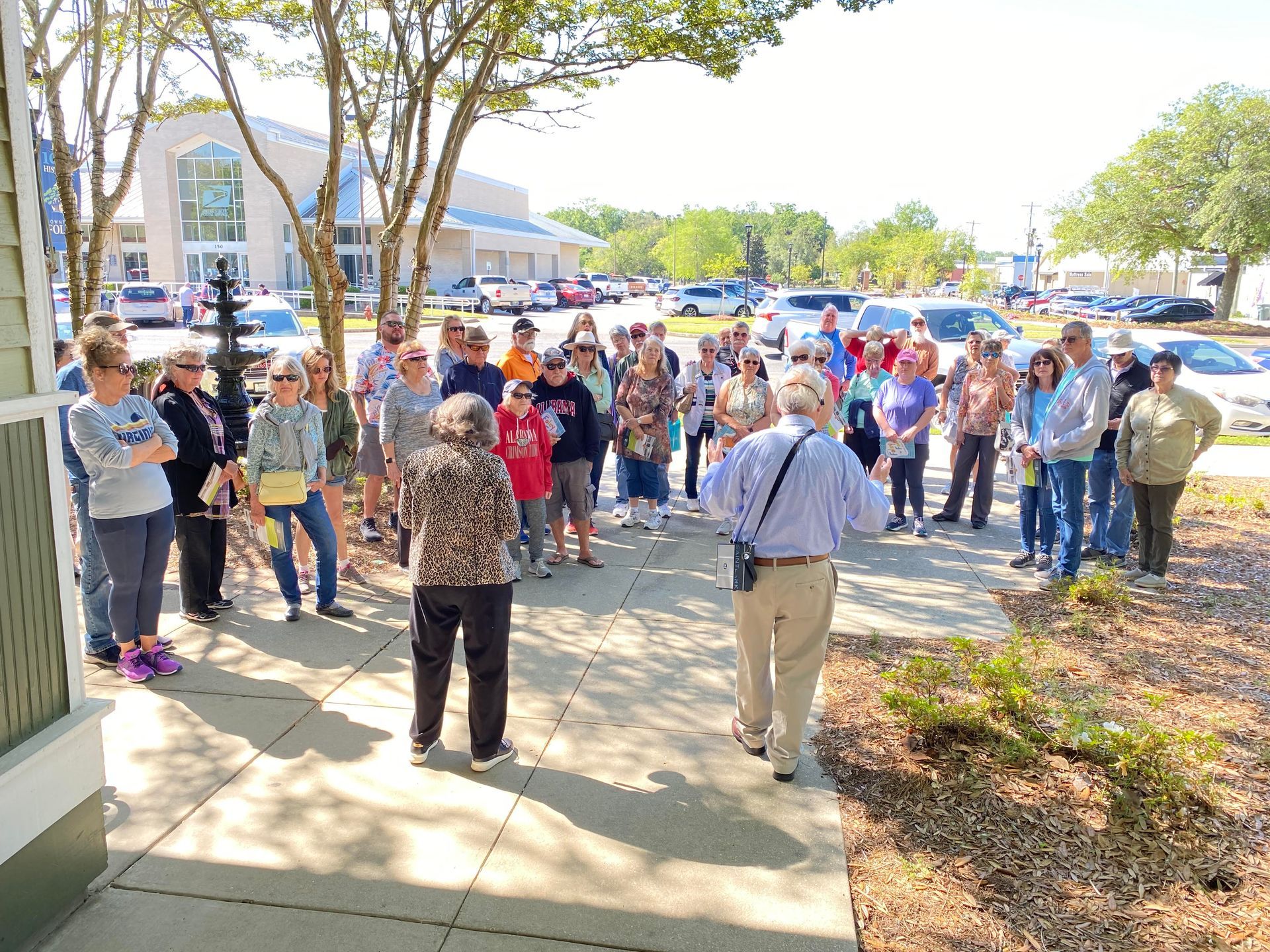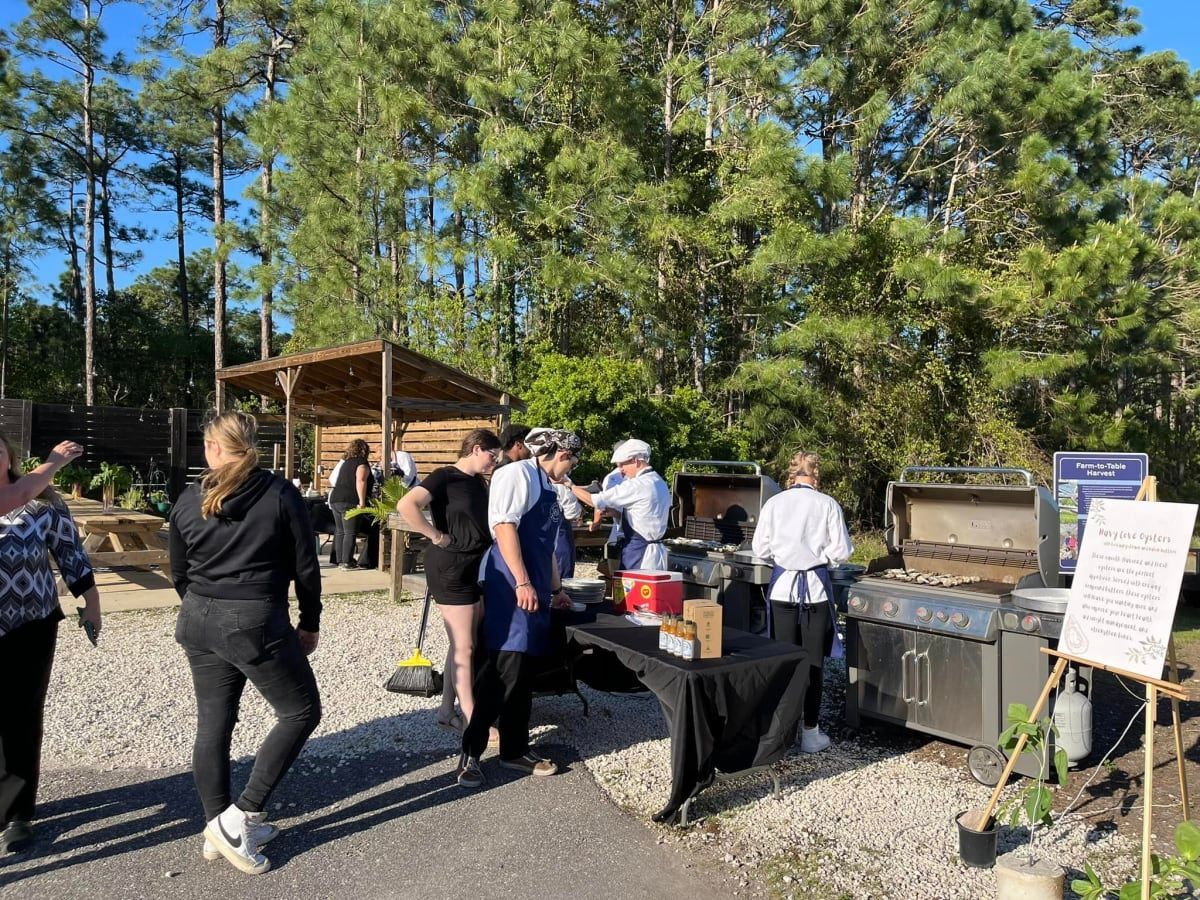Dune Stabilization Efforts Underway in Orange Beach
Sea Oat and Other Dune Species are being Planted in the Next 6 Weeks, Beginning on Perdido Key
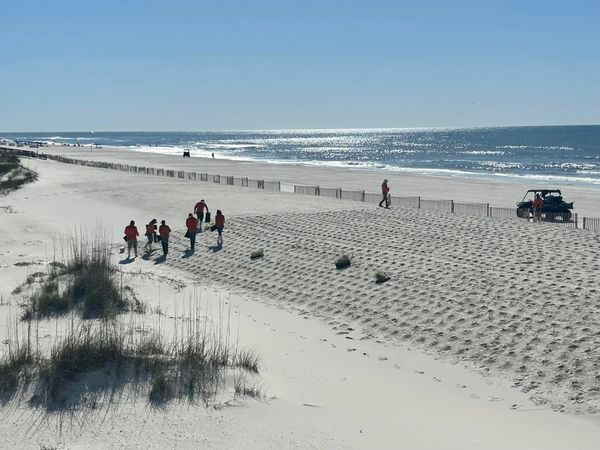
Orange Beach, Ala. – (OBA) – As part of an environmental initiative, the beaches on Perdido Key have become the starting point for a project aimed at planting 453,000 shoreline plants along the coastline. This undertaking began in early spring and is scheduled to progress through the end of May.
Besides sea oats the project also includes several other species of dune plants, including panic grass, beach elder, dune sunflower, sea purslane, blanket flower, seaside goldenrod, railroad vine, beach morning glory.
Sea oats, a native coastal grass species, play a crucial role in coastal preservation. With an astonishing root depth of up to 40 feet that spreads extensively in all directions, these plants are not just surface dwellers; their roots are integral to securing the dune structure against the forces of wind and water.
Dune systems are the first line of defense for our coastal areas, providing a natural barrier against storm surges and erosion. The extensive root systems of sea oats trap sand and sediment, contributing to dune build-up and stabilization. This process is vital for the protection of inland ecosystems and human developments.
As the planting process is underway, officials are asking the public to exercise caution and to avoid walking around or stepping on the new plantings. The impact of foot traffic can cause irreversible damage to the stems, hindering their growth and, consequently, their ability to stabilize the dunes.
Environmental specialists emphasize the importance of these plants and their long-term benefits to the shoreline. Beachgoers are encouraged to enjoy the natural beauty of the coast while respecting the ongoing efforts to preserve it. By observing designated pathways and avoiding the planted areas, the public can contribute to the success of this important ecological project.
As the sea oats and other shoreline plants listed above take root, they will not only enhance the aesthetic appeal of the beaches but also fortify them against the challenges posed by nature.

